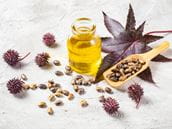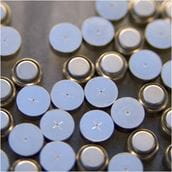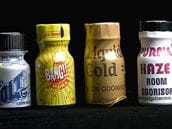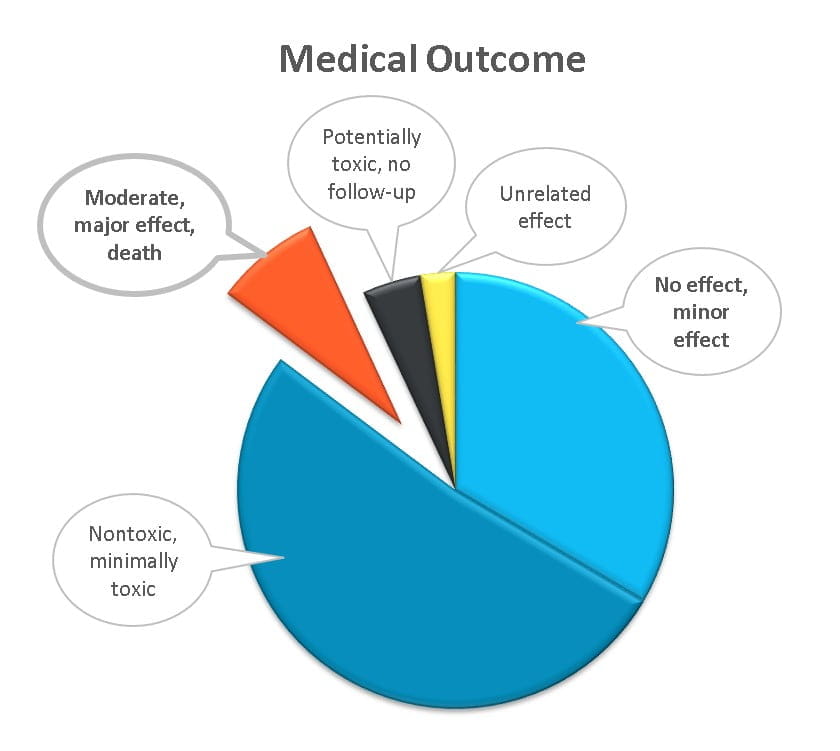
What Happens If I Eat Castor Beans?
The castor bean is the seed of the castor oil plant (Ricinus communis). It contains a highly toxic compound called ricin, which is released when the seed is crushed or chewed. Ricin prevents cells from making proteins, which are essential to life. Although castor oil is made from the same seeds, it does not contain ricin.













